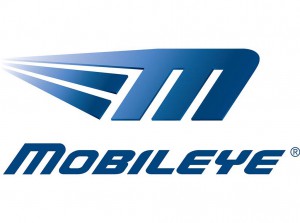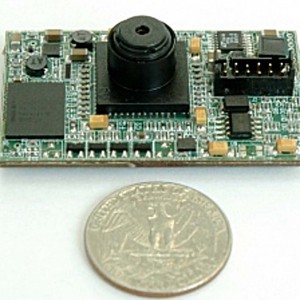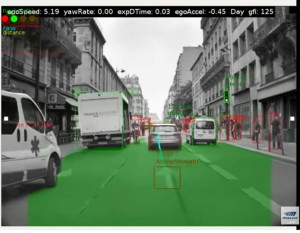U.S. computer chip and processor giant Intel will acquire the Israeli smart car tech firm Mobileye in a deal valued at $15.3 billion.
Supplying such automotive giants as General Motors and Volkswagen AG, Mobileye is one of the key producers of the onboard vision systems that anchor current advanced driver assistance systems – as well as tomorrow’s autonomous vehicle technology. The acquisition will help position Intel as a major player in the development of smart and driverless car systems.
“The acquisition of Mobileye completes a virtuous circle of growth,” Intel CEO Brian Krzanich said during a conference call on Monday morning, adding that he sees a natural fit between the two companies, combining the “eyes of the autonomous car with the intelligent brain that actually drives the car.”
(The best from Geneva: Click Here to check out the top 10 debuts from the annual auto show.)
Based in the Israeli capital of Jerusalem, Mobileye currently provides the chip-based cameras for about 70% of the auto industry’s vision-based advanced safety systems – technology such as forward collision warning with emergency braking and lane-keeping assistance. With a workforce of 660, it had $358.16 million in revenues, and an adjusted net income of just $173.3 million last year, but that is expected to grow rapidly as the use of vision systems expands.
Mobileye recently established more advanced relationships with several automakers, including VW and GM, to develop a real-time mapping 3D system that will provide constant updates to autonomous and connected vehicles about traffic, construction, accidents and other potential hazards.
Intel will now position Mobileye as the leader in its automated driving unit, integrating those operations into Mobileye’s Israeli research center.
In a letter to employees, Mobileye Chairman and co-founder Amnon Shashua called that approach “unique,” in part, because of the size of Intel’s existing automotive operations.
“Combining forces,” Shashua wrote, “will help accelerate our plans and lower our execution risks. We aim to become the leading team in autonomous driving. We want to make an impact on the world and this acquisition will enable us to accomplish that.”
Mobileye is best known for a system called EyeQ. It combines a camera smaller than a pencil eraser and a processing system on a single chip. That system-on-a-chip technology can be used in a variety of different applications and is expected to become even more critical in years ahead as the first autonomous vehicles come to market. They are expected to utilize a so-called “sensor fusion” approach, blending input from cameras, radar, a 3D laser technology called LIDAR, and even sonar.
(Waymo escalates autonomous tech legal battle with Uber. Click Here for the latest.)
The Israeli firm has also been looking to expand its product portfolio and last year rolled out Mobileye Shield Plus. It uses a set of cameras strategically mounted on the outside of a bus or truck to see what the driver might miss. If there’s a risk of impact, it sounds an alert and flashes a warning to show where a hidden obstacle is lurking.
Currently 27 major automakers are customers of Mobileye, Toyota being one of the major exceptions. The camera supplier also parted ways last year with Tesla in the wake of a fatal crash in Florida involving one of the battery-carmaker’s Model S sedans. The exact reason for their split hasn’t been revealed though there appeared to be some finger-pointing as to the cause of the fatal collision.
Intel will pay $63.54 a share in cash for Mobileye, about a one-third premium over its Friday closing price of $47.27 a share. The deal is expected to close late this year.
(Meet Cedric, Volkswagen’s robot car. Click Here for the story.)



